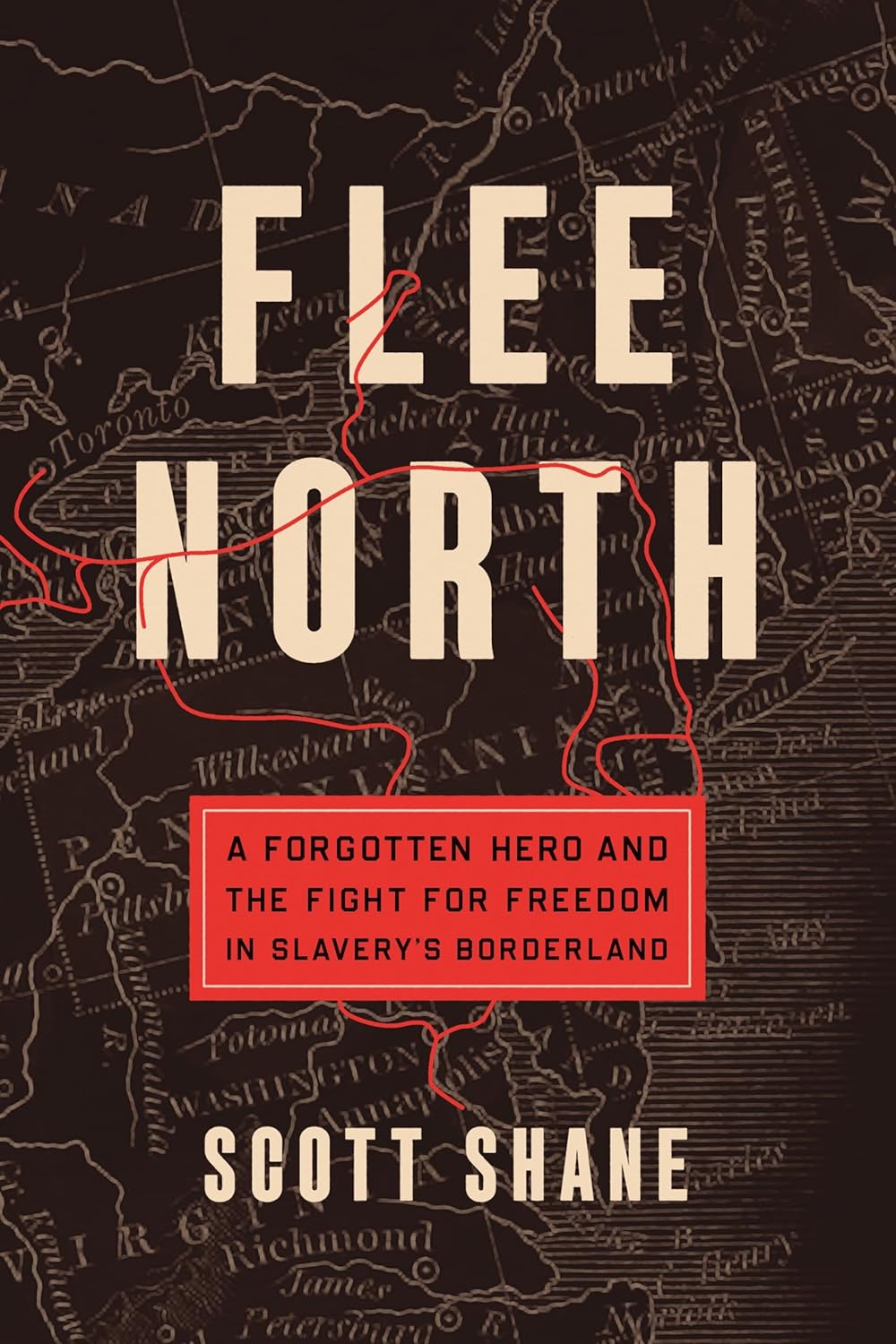Summary | Excerpt | Reviews | Beyond the Book | Readalikes | Genres & Themes | Author Bio

A Forgotten Hero and the Fight for Freedom in Slavery's Borderland
by Scott Shane
Myself and Sister had been bequeathed to the Lady whom he married and to her children. Although by the terms of the will he could not dispose of us, at pleasure, yet by paying the amount at which we were valued he could do so by mutual agreement with those interested. That he did (for he was no friend to slavery) by paying $500 for me, but with the amount he paid for my sister I never became acquainted.
For both John and Sarah, it was a second marriage, and both brought children to the match. Because Thomas and Kitty had been bequeathed jointly to Sarah and her children, Ferguson was obligated to buy them from his new wife and stepchildren. Having spent the considerable sum of $500 (a very high price for a child at the time, some $15,000 today), he chose not to immediately grant Thomas his freedom. Instead, Ferguson told young Thomas that he would have to go to work and gradually pay off the $500 debt, not an unusual arrangement at the time.
Unlike many slaveholders, though, Ferguson put legal weight behind his promise of eventual emancipation. He went to the Prince George's County courthouse and filed a document in 1815, when Thomas was fourteen, pledging to free him when he turned thirty. Ferguson may have intended his deed of manumission, witnessed by his neighbor Thomas Bowie, to reassure Smallwood that the promise of freedom was sincere and irrevocable. He might also have wanted the scheduled emancipation placed on the record in case Ferguson should die in the meantime, to preempt any move by Sarah or her children to ignore the arrangement and try to reenslave Thomas Smallwood for life.
"To all whom it may concern," Ferguson wrote in the wordy, official style of such documents, he had "released from slavery liberated manumitted and set free and by these presents do hereby release from slavery manumit and set free my Negro Boy Thomas." The deed incorrectly makes Thomas a year older than he was, saying he was fifteen "and able to work and gain a sufficient livelihood and maintenance."
Given the treatment of most enslaved people at the time, Smallwood appears to have found the arrangement fair. He later spoke fondly of Ferguson. Though he reached the end of his term of enslavement in 1830 with a small debt to Ferguson remaining, Smallwood insisted on carrying out his end of the bargain to the letter: "Hence it left me in debt at the end of my service $60, which I subsequently paid to the last farthing." His gratitude to Ferguson was surely due in part to John and Sarah's decision to teach the enslaved boy to read—a legal but highly unusual step in Maryland. "What little I know of the letter," Smallwood would write, referring to literacy, "was obtained in the following manner, for I never had a day's schooling. The gentleman before mentioned, as my master, and his wife, learned me the English alphabet, and to spell in two syllables."
Smallwood's earliest years showed him how random events and decisions in the world of white people could determine the fate of the enslaved. Perhaps because of those early lessons, he would later take particular satisfaction when the actions of enslaved people—taken with his own determined help—turned the tables and upset the plans and comfort of their enslavers. But in his case, the lottery of white power happened to break in his favor. The sense that he was the beneficiary of rare good fortune seems to stand behind his later decision to act so boldly on behalf of those still in slavery.
* * *
One feature of the despicable treatment of enslaved African Americans was to leave them out of official records except when their existence was noted in a legal accounting of a slaveholder's possessions. It's not quite right to say they were erased from history—in many cases, there was no record that could be erased. They were "chattels," the chilling word (often used ironically by Torrey and Smallwood) that meant movable property and came to be applied routinely to people in slavery, stripping them of humanity and character. The United States Census collected only the sex and age of enslaved people in a household, not bothering with their names. Other official records were just as sketchy, and newspapers took little note of people in bondage except when they ran away or were accused of a crime. To trace the early life of a man like Smallwood requires looking for places to glimpse his reflection, however distorted or imperfect, in the lives of his owner and employers and in the events that shaped his time and place.
Copyright © 2023 by Scott Shane
Never doubt that a small group of thoughtful, committed people can change the world...
Click Here to find out who said this, as well as discovering other famous literary quotes!
Your guide toexceptional books
BookBrowse seeks out and recommends the best in contemporary fiction and nonfiction—books that not only engage and entertain but also deepen our understanding of ourselves and the world around us.